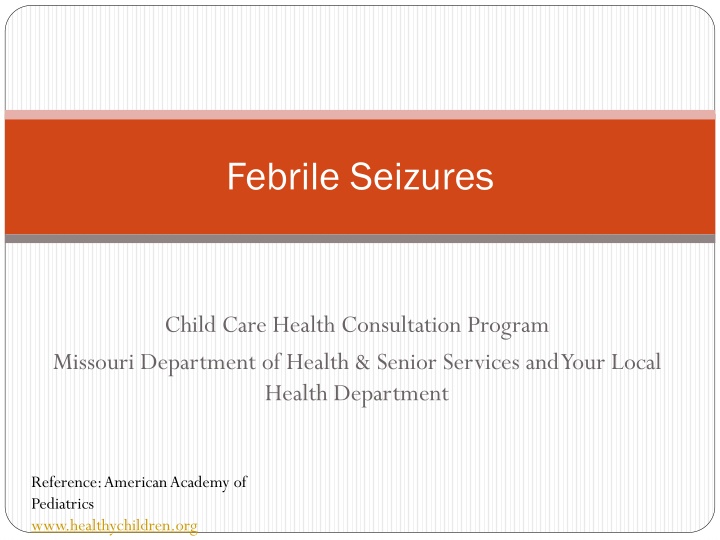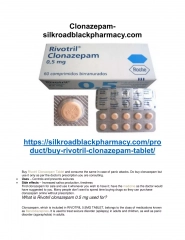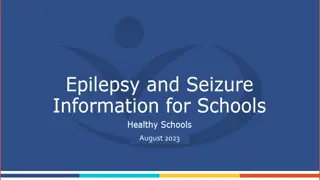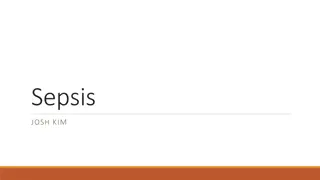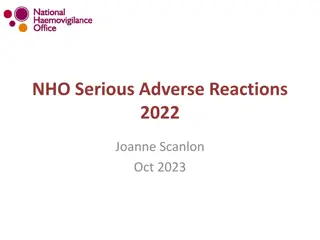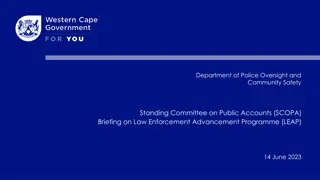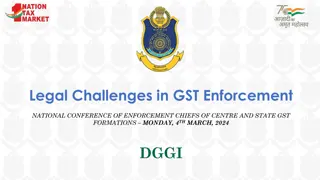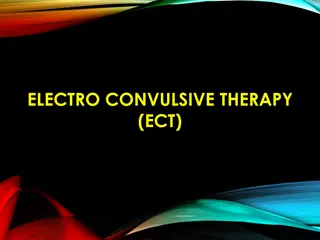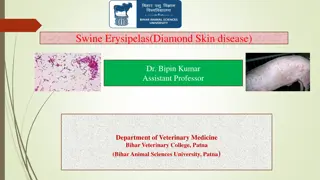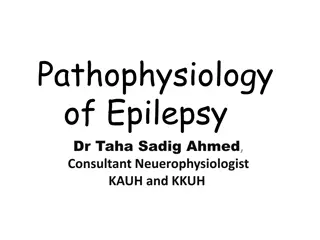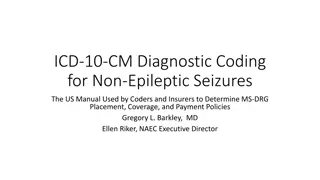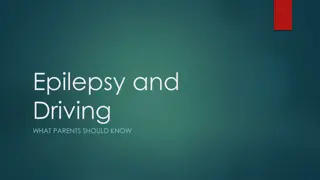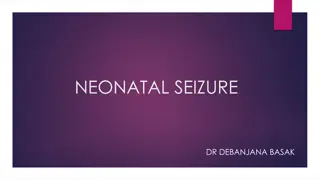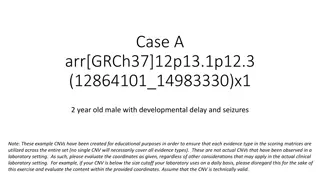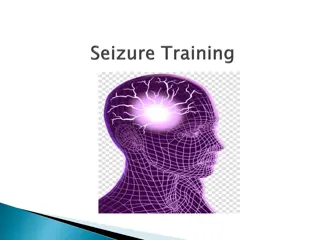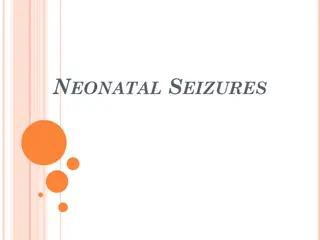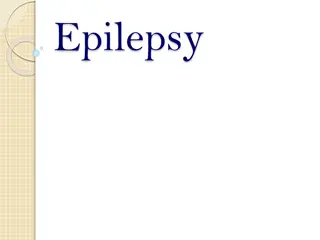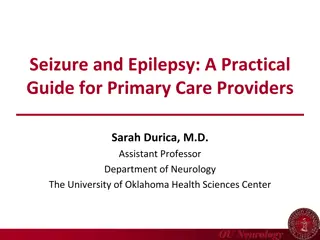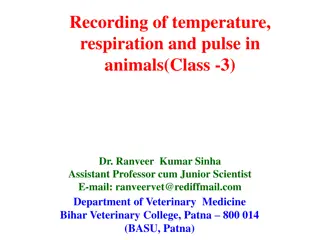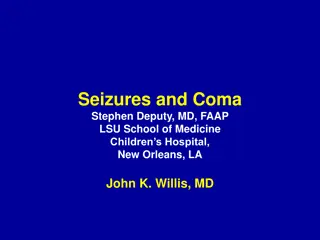Febrile Seizures
This resource presents a sample assessment for Health and Social Care Unit 2, covering topics such as individual needs, health care provision, and practitioner responsibilities within legislative frameworks. Includes tasks, scenarios, and what must be covered.
Download Presentation

Please find below an Image/Link to download the presentation.
The content on the website is provided AS IS for your information and personal use only. It may not be sold, licensed, or shared on other websites without obtaining consent from the author.If you encounter any issues during the download, it is possible that the publisher has removed the file from their server.
You are allowed to download the files provided on this website for personal or commercial use, subject to the condition that they are used lawfully. All files are the property of their respective owners.
The content on the website is provided AS IS for your information and personal use only. It may not be sold, licensed, or shared on other websites without obtaining consent from the author.
E N D
Presentation Transcript
Febrile Seizures Child Care Health Consultation Program Missouri Department of Health & Senior Services and Your Local Health Department Reference: American Academy of Pediatrics www.healthychildren.org
What is a Febrile Seizure? Caused by child having a fever Happen in 3 or 4 of every 100 children ages 0 to 5, most often 12-18 month age group If child is < 1 year of age, 50% chance is they could have another febrile seizure If child is > 1 year of age, 30% chance they will have another A very small number of children who have febrile seizures ever develop epilepsy
What is a Febrile Seizure? Usually happen during first few hours of a fever Child looks strange, stiffens, may twitch or roll eyes May be unresponsive for a short time Quickly returns to normal after the seizure Usually last less than 1 minute, rarely will happen more than once in 24 hours
Are Febrile Seizures Dangerous? They are scary, but will not harm the child Febrile seizures do not cause brain damage, nervous system problems, paralysis, intellectual disability, or death Febrile seizures do not cause long term health problems
What Causes Fever? Usually a sign of an infection somewhere in the body A defense mechanism to help the body fight infections Not all fevers need treatment Note how child is behaving (eating, drinking, or listless)
Temperature Tips Temperature is 100.4 degrees (F) or higher Use a multipurpose digital thermometer to take temp Use rectally if up to 3 years of age Use orally for children 4-5 years and older Or can take axillary (under arm)
Temperature Tips Make sure you report the method (oral, rectal or under the arm) that you took the temperature Any temp over 100.4 on children less than 12 weeks old should be reported to their doctor Any temp over 104 on any age should be reported to a doctor
Tips for Treating Fevers Keep the child dressed comfortably layers of light clothes, but not smothered Make sure they get fluids to avoid getting dehydrated dehydration can become serious quickly in young children
Tips for Treating Fevers When to Call the Doctor When to Call the Doctor Child is younger than 2 to 4 months old and has a fever. Child is lethargic, unresponsive, refuses to eat, has a rash, or is having difficulty breathing. You observe signs of dehydration, such as a dry mouth, a sunken soft spot, or significantly fewer wet diapers. Child s fever lasts more than a few days. Child experiences a febrile seizure
What to Do During a Febrile Seizure Remain calm Move child to floor, or place away from hard or sharp objects Do not put anything in their mouth Turn their head to the side so that they don t choke on fluids in their mouth Call the doctor If seizure doesn t stop in 5 minutes, call 911 or local emergency number
Treatment for Fevers It is important for the doctor to find the cause for the fever the seizure to rule out serious infections such as meningitis If medicines like ibuprofen (Motrin) or acetaminophen (Tylenol) are used to reduce the fever, make sure dosage is correct as prescribed by the doctor fever which caused
Treatment for Fevers Fever lowering medicines can reduce the fever but they don t prevent the seizures--the seizures are caused by the fever Remember it is important to prevent dehydration so make sure the child is able to take plenty of fluids
Review Seizure and Epilepsy Basics Epileptic seizure triggers Seizure Disorders Febrile Seizures First Aid
Resources Epilepsy Foundation http://www.epilepsy.com/ American Academy of Pediatrics http://www.healthychildren.org/Englis h/health- issues/conditions/fever/Pages/Fever- Without-Fear.aspx
